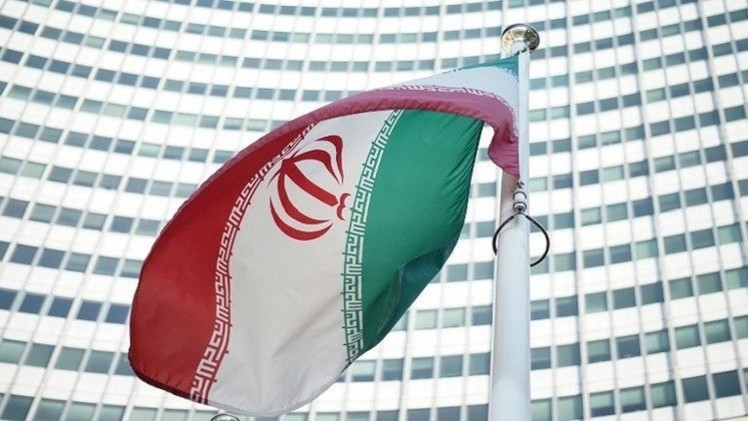چالشهای توسعه سیاسی ایران در عصر جامعه ی جهانی شده
Challenges of Iran's political development in the era of globalized society

The first and responsible author is Javad Afravi, PhD candidate in Political Science, University of Tehran, Iran
Parham Pourramzan, visiting researcher at Middle East Strategic Studies Center, PhD student of Political Science, University of Tehran
المركز الديمقراطي العربي : –
- مجلة مدارات إيرانية : العدد عشرون حزيران – يونيو 2023 المجلد 6, دورية علمية محكمة تصدر عن #المركز_الديمقراطي_العربي ألمانيا –برلين” .تعنى بالشأن الإيراني داخليا واقليميا ودوليا.
-
فصلنامه مدارات إيرانية فصلنامه أي علمي از طرف مركز دمكراسي عربي برلن منتشر مي شود.
للأطلاع على البحث “pdf” من خلال الرابط المرفق :-
چکیده :
نظریات توسعه سیاسی بصورت گسترده در مطالعات علوم سیاسی از پایان جنگ جهانی دوم و همراه با گسترش استعمار کشورهای جهان سوم معرفی و گسترش یافت . پس از سیر تکاملی طولانی، جایگاه توسعه سیاسی، مدعی دموکراسی شد. سیر تکاملی ای که با افزایش میل به دموکراسی در کشورهای در حال توسعه همراه بود. با برررسی این روند ساخت قدرت در عصر جهانی شدن، جمهوری اسلامی ایران براین موضوع پافشاری کرده است که جهان باید شکل سیاست شیعی و سیاست خارجی انقلاب اسلامی را بپذیرد و اگر خلاف این امر واقع شود این جمهوری اسلامی است که جهانی شدن و در صدر آن لیبرالیسم گسترده جهانی را نخواهد پذیرفت.. پدیده جهانی شدن بسیاری از کشورهای جهان را تحت تأثیر قرار می دهد. و از آن جهت که ایران کشوری است که تحت تأثیر جهانی سازی قرار دارد. می توان پرسش اصلی این مقاله را اینگونه مطرح کرد که چالشهای توسعه سیاسی ایران پسا انقلاب اسلامی درعصر جهانی شدن کدامند؟ درنهایت بر اساس استنتاج یافته ها اصلی ترین چالش بحث تقابل با فرهنگ جهانی شدن و دموکراسی است که این موانع را می توان در ذیل مسئله سازی ساختار قدرت و تقابل فرهنگی ردیابی کرد. روش تحقیق این مقاله، توصیفی-تحلیلی است.
Abstract
Political development theories were widely introduced and expanded in political science studies since the end of World War II and along with the expansion of colonialism in Third World countries. After a long evolution, the position of political development claimed democracy. An evolution that was accompanied by an increase in the desire for democracy in developing countries examining this process of building power in the of Iran has insisted on the issue that the world should accept the form of Shia politics and the foreign policy of the Islamic Revolution, and if the opposite happens, this is the Islamic Republic, which is globalization and at the top of it. It will not accept widespread The phenomenon of globalization affects many countries in the world. And because Iran is a country that is under the influence of globalization. The main q: What are the challenges of Iran’s political development after the Islamic Revolution the era of globalization? Finally, based on the conclusions of the findings, the main challenge is the confrontation with the culture of globalization and democracy, and these obstacles can be traced under the problematization of the power structure and cultural confrontationThe research method of this article is descriptive-analytical.




